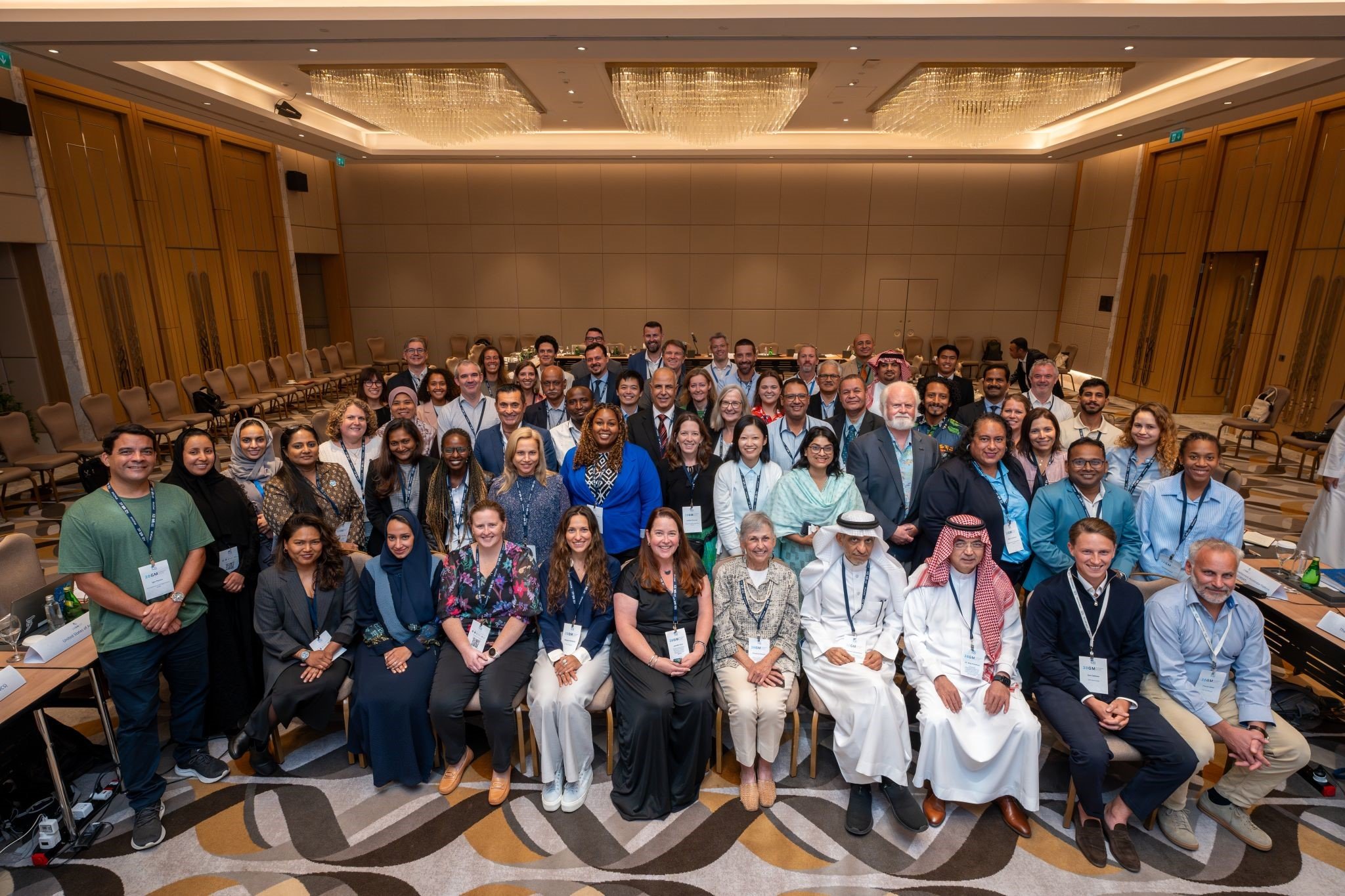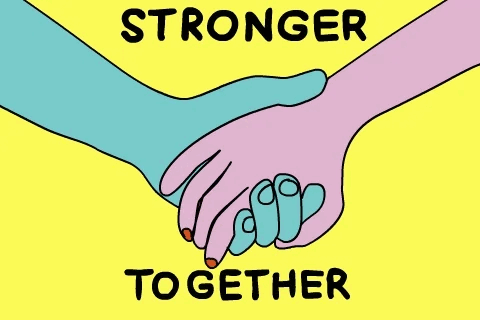Ocean's Fever: Global Action for Coral Reef Survival
The ocean is running a dangerous fever, and coral reefs are feeling the heat. In 2023-2024, we witnessed an unprecedented crisis: 76.5% of the world's coral reefs experienced bleaching heat stress — the highest percentage ever recorded. This marks the fourth global bleaching event since 1998, and each one has been more severe than the last.
NOAA scientists report that this latest bleaching event is cooling off, but that our ocean remains critically warm. The aftermath leaves surviving corals more vulnerable to disease and predators, creating a cascade of challenges for these delicate ecosystems.
Global Response: The International Coral Reef Initiative
Think of the International Coral Reef Initiative (ICRI) as the ‘United Nations’ for coral reefs - a powerful alliance of 45 governments and numerous marine conservation organisations working together to coordinate action and ensure reefs have a future.
Launched in 1994, ICRI drives global coral conservation through:
Monitoring reef health worldwide through the Global Coral Reef Monitoring Network (GCRMN)
Launching international awareness campaigns e.g International Year of the Reef
Building capacity among conservation practitioners
Securing coral protection in international policy such as the Global Biodiversity Framework
Funding critical conservation efforts through innovative financing mechanisms

Inside the 38th General Meeting
As a proud ICRI member, Reef-World recently joined the 38th General Meeting in Saudi Arabia. These meetings offer a rare opportunity to step back and examine the bigger picture of coral reef conservation. While the data is confronting - showing a continued decline in coral cover - these meetings also spark hope and innovation.

The Crisis in Numbers:
76.5% of reefs are at risk from recent bleaching
14% of global coral cover lost (2008-2019)
1-2 years needed to understand the full bleaching impacts
A Decade of Decision
The message from global experts is clear: 2020-2030 is the decisive decade for coral reefs. Our actions now will determine whether these extraordinary ecosystems survive for future generations. While most reefs are declining, we've never been better equipped to face these challenges.
Signs of Hope
Despite the sobering statistics, unprecedented global commitment to coral conservation offers real reason for optimism:
Policy Victories
The Kunming-Montreal Global Biodiversity Framework (GBF) is the leading agenda from the Convention of Biological Diversity that guides global action on nature to be achieved by 2030. ICRI has been advocating strongly to elevate the plight of coral reefs under this agenda, delivering key guidance to the convention and supporting countries to integrate coral reef action in their action plans to deliver on the GBF (called National Biodiversity Strategic Action Plans).
International environmental agendas like the GBF can feel very removed from the daily challenges we see reefs facing, but they are unequivocally important for defining how governments take action and where conservation funding is focused.
Innovation in Action
New financing mechanisms including the Global Fund for Coral Reefs are making more coral conservation possible
Advanced technologies including AI are enhancing reef monitoring and analysis capabilities that in turn feed into understanding the most efficient ways to protect reefs
Innovative restoration techniques show great promise
Growing collaboration between scientists and local communities
Launch of the ICRI Youth ad hoc committee to identify, promote, and support innovative solutions and projects led by youth that address coral reef conservation challenges.

Marine Tourism: A Critical Partner in turning the tide
The marine tourism industry, particularly diving and snorkelling operators, has the most to lose from reef decline and at the same time, the most to offer in conservation efforts. Operating on coral reefs daily, these operators have the chance to:
Fill critical information gaps by conducting citizen science coral reef monitoring, particularly in the wake of bleaching events, as the only industry that can consistently track underwater changes over time.
Be the leading industry for sustainable and biodiversity friendly business practices - with the global availability of Green Fins membership, any dive or snorkel operator can take clear, guided actions to operate sustainably and prove their progress over time.
Reef-World’s Executive Director, Chloe Harvey, made just this case to the members of ICRI during the meeting in Saudi Arabia, presenting the incredible work already done and the tremendous potential of the marine tourism industry to leverage their passion and act to protect the future of coral reefs.
Looking Forward
While coral reefs face unprecedented challenges, the growing global commitment to their protection gives us reason for hope. Whether through international policy, local action, or sustainable tourism practices, every effort counts in building reef resilience.
The marine tourism industry stands at the forefront of this battle. Daily decisions and actions can help reduce local threats to reefs, complementing global efforts to secure their future. By working together - conservation organisations, governments, tourism operators, and travellers - we can help ensure these magnificent ecosystems survive and thrive.

